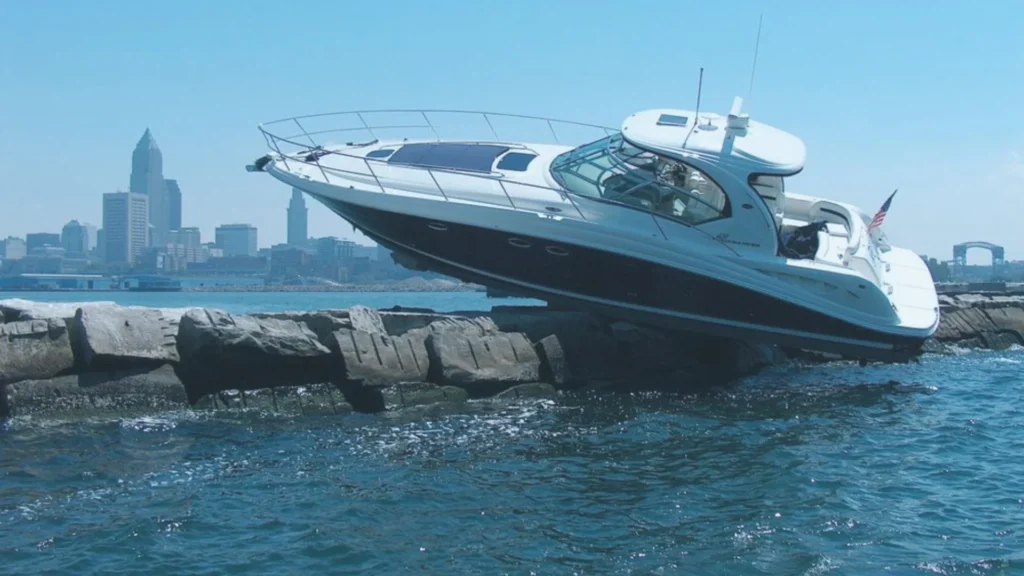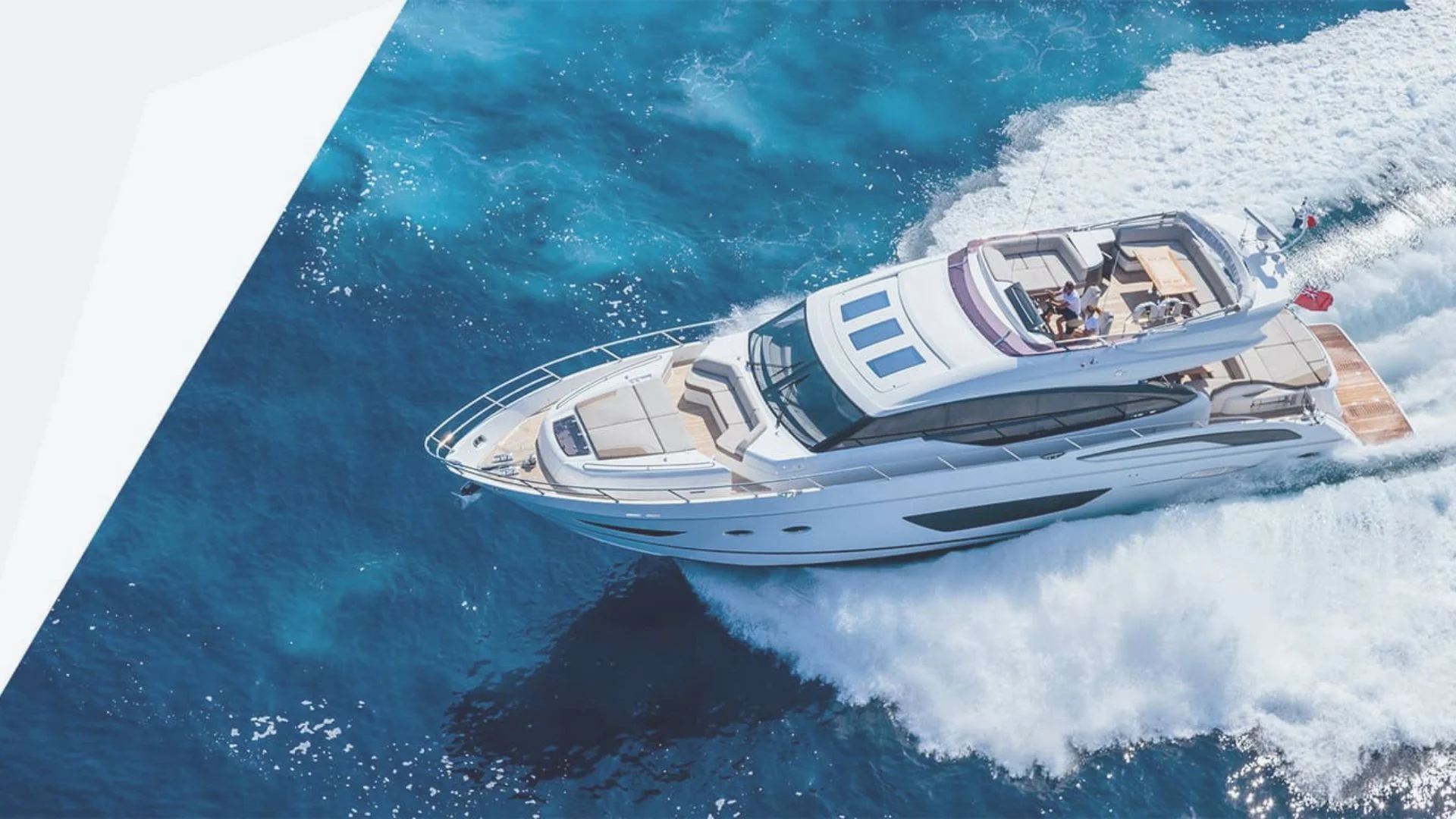Owning a boat can be a source of great joy and adventure, but it also comes with significant responsibilities. One of the most important responsibilities is ensuring that your boat is adequately insured. Boat insurance is crucial for protecting your investment and providing peace of mind while on the water. This article will explore the various aspects of boat insurance, including its importance, types of coverage, factors affecting premiums, and tips for choosing the right plan.
The Importance of Boat Insurance
Protecting Your Investment
A boat is a significant financial investment, often costing tens of thousands of dollars or more. Just like any other valuable asset, it is essential to protect it against potential risks. Boat insurance provides financial protection against damage, theft, and other unforeseen events that could result in substantial financial losses.
Liability Coverage
Accidents happen, even to the most experienced boaters. If you are involved in an accident that causes damage to another person’s property or results in injury to someone, you could be held legally liable. Liability coverage in boat insurance helps cover the costs of legal fees, medical expenses, and property damage, protecting you from potentially devastating financial consequences.
Compliance with Legal Requirements
In many places, having boat insurance is not just a recommendation but a legal requirement. Some states and countries mandate that boat owners carry a minimum level of insurance coverage. Additionally, marinas and certain waterways may require proof of insurance before allowing you to dock or navigate in their areas. Ensuring you have adequate insurance helps you stay compliant with these regulations.
Types of Boat Insurance Coverage
Hull Insurance
Hull insurance is one of the most fundamental types of coverage available. It covers physical damage to the boat itself, including the hull, machinery, and other equipment. This coverage protects against a wide range of risks, such as collisions, storms, fire, and vandalism. Depending on the policy, it may also cover damage sustained during transportation or while the boat is in storage.
Liability Insurance
Liability insurance is designed to cover damages and injuries you may cause to others while operating your boat. This includes property damage, bodily injury, and legal defense costs. Liability coverage is essential for protecting your financial assets in case of an accident where you are found at fault.
Personal Property Coverage
This type of coverage protects personal belongings on the boat, such as electronics, fishing gear, and other equipment. Personal property coverage ensures that if your possessions are stolen or damaged, you can be reimbursed for their value. Policies typically have limits on the amount of coverage, so it’s important to assess the value of your personal property and ensure it is adequately covered.
Uninsured/Underinsured Boater Coverage
Not all boaters carry adequate insurance, and some may not have any insurance at all. Uninsured/underinsured boater coverage protects you in the event of an accident with another boater who lacks sufficient insurance. This coverage can help pay for damages and medical expenses that the other party’s insurance would otherwise cover.
Medical Payments Coverage
Medical payments coverage, also known as “med pay,” covers medical expenses for you and your passengers in the event of an accident, regardless of who is at fault. This coverage can help pay for hospital bills, surgeries, and other medical costs, providing financial support during a challenging time.
Towing and Assistance Coverage
Boats can break down or encounter other issues while out on the water, leaving you stranded. Towing and assistance coverage provides services such as towing, fuel delivery, and emergency repairs. This coverage ensures that you can get the help you need quickly, minimizing inconvenience and potential danger.
Factors Affecting Boat Insurance Premiums
Type and Size of Boat
The type and size of your boat significantly impact your insurance premiums. Larger boats and those with more powerful engines typically have higher premiums due to the increased potential for damage and liability. Additionally, certain types of boats, such as yachts and high-performance vessels, may have higher premiums due to their increased risk factors.
Value of the Boat
The value of your boat is another crucial factor in determining your insurance premiums. More expensive boats cost more to repair or replace, leading to higher premiums. When insuring your boat, it’s important to provide an accurate valuation to ensure you receive adequate coverage.
Usage and Location
How and where you use your boat can also affect your insurance costs. Boats used in coastal or high-traffic areas may have higher premiums due to the increased risk of accidents and environmental damage. Additionally, if you use your boat year-round rather than seasonally, you may face higher premiums due to the extended period of potential exposure to risks.
Boating Experience and Safety Record
Your boating experience and safety record play a significant role in determining your insurance premiums. Experienced boaters with clean safety records are considered lower risk and may receive lower premiums. Conversely, inexperienced boaters or those with a history of accidents and violations may face higher premiums.
Coverage Limits and Deductibles
The coverage limits and deductibles you choose for your policy directly impact your premiums. Higher coverage limits provide more extensive protection but result in higher premiums. Similarly, opting for a lower deductible reduces your out-of-pocket expenses in the event of a claim but increases your premiums. It’s important to balance coverage limits and deductibles to meet your needs and budget.

Tips for Choosing the Right Boat Insurance Plan
Assess Your Needs
Before selecting a boat insurance plan, take the time to assess your specific needs. Consider factors such as the type and value of your boat, how and where you use it, and the potential risks you may face. Understanding your unique requirements will help you choose a plan that provides adequate coverage without unnecessary extras.
Compare Multiple Quotes
Insurance premiums can vary significantly between providers, so it’s essential to compare multiple quotes before making a decision. Reach out to several insurance companies and request quotes based on the coverage you need. Comparing quotes allows you to find the best value and ensure you’re getting a fair deal.
Read the Policy Details Carefully
Insurance policies can be complex, with various terms and conditions that affect your coverage. Take the time to read the policy details carefully, paying attention to coverage limits, exclusions, and deductibles. If you have any questions or concerns, don’t hesitate to ask your insurance agent for clarification.
Consider Bundling Policies
Many insurance companies offer discounts for bundling multiple policies, such as combining boat insurance with your home or auto insurance. Bundling policies can lead to significant savings and simplify the management of your insurance needs. Be sure to inquire about bundling options when shopping for boat insurance.
Evaluate the Insurance Provider’s Reputation
The reputation of the insurance provider is an important consideration when choosing a boat insurance plan. Look for companies with strong financial stability, positive customer reviews, and a track record of excellent customer service. A reputable provider ensures that your claims will be handled efficiently and fairly.
Take Advantage of Discounts
Insurance providers often offer various discounts that can help reduce your premiums. Common discounts include those for safety features, boating education courses, and clean safety records. Be sure to ask your insurance agent about any available discounts and take advantage of them to lower your insurance costs.
Conclusion
Boat insurance is a vital aspect of responsible boat ownership. It protects your investment, provides liability coverage, and ensures compliance with legal requirements. Understanding the different types of coverage, factors affecting premiums, and tips for choosing the right plan can help you make an informed decision. By carefully assessing your needs, comparing quotes, and evaluating insurance providers, you can find a boat insurance plan that offers the protection you need at a price you can afford. Investing in boat insurance provides peace of mind, allowing you to enjoy your time on the water with confidence.
